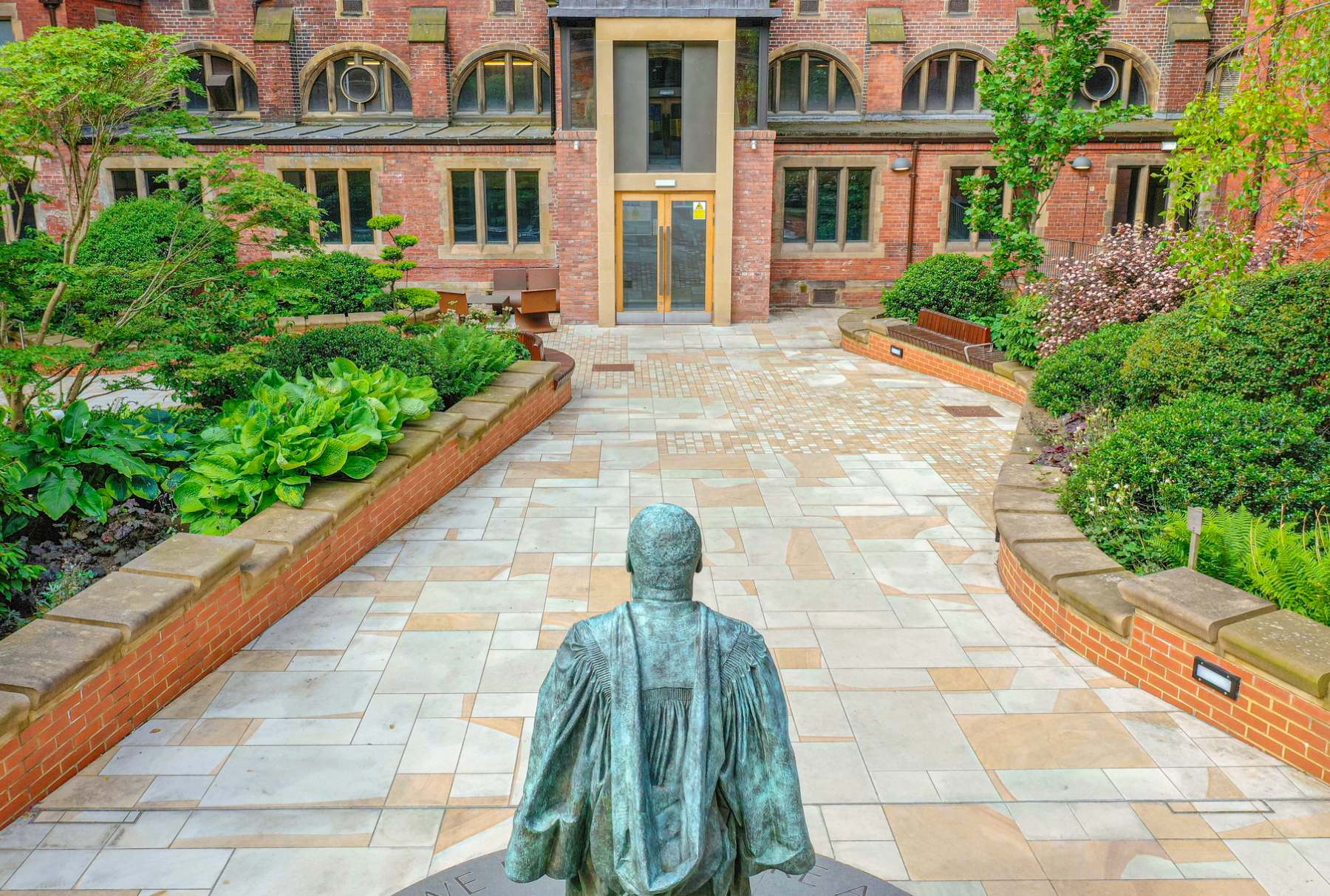Social Justice Projects
Social Justice Fund
The Newcastle University Social Justice Fund is currently closed. Contact socialjustice@ncl.ac.uk for queries and information on future deadlines.
The Fund is developing a portfolio of successful relationships between the University and the Voluntary, Community and Social Enterprise (VCSE) sector. Funded projects will focus on key social justice issues. They will take a long-term view to enhancing the relationship between Newcastle University and the VCSE sector.
We are particularly interested in applications that will contribute to meaningful and mutually beneficial relationships between the University and VCSE partners and that are co-produced.
2024 Pulse Review Fund
In 2024 we launched the Pulse Review Fund. This fund supported collaborative projects between university colleagues and VCSE sector organisations to deliver short, action focussed pieces of work linked to a certain theme.
The theme for the 2024 fund was around Poverty and Cost of Living and supported 5 different collaborations. These projects were launched at a Social Justice Forum in October 2024 with reports on the outcomes of their work. You can find out more about these projects below and download the full reports.
Together Through Crisis
This collaborative project between International Community of Sunderland (ICOS), a Sunderland-based registered charity, Newcastle University, and the NIHR North East North Cumbria Applied Research Collaboration consisted of interviews, creative art-based workshops and a live artist workshop to explore the extent to which the cost-of-living crisis impacts on the wellbeing of Eastern European families living in Sunderland, North East England.
Download the full report - Together Through Crisis
Grassroot Innovations Tackling Housing Precarity
This project showcases best practice from community organisations engaged in tackling issues of urban precarity. Short films focusing on practices were produced, drawing on experiences in low-income settlements in Latin America. It is aimed at community organisations, practitioners, and policymakers, with the aim of fostering more democratic and inclusive approaches of urban planning and housing policies.
Download the full report - Grassroot Innovations Tackling Housing Precarity
The Hidden Burden of Poverty Among Adoptive Families
Thousands of children and young people are legally adopted in the UK annually. This study uncovers hidden poverty experienced by adoptive families, spanning into adulthood. The project addresses barriers to financial stability including shame, inability to work, and lack of awareness about eligibility for benefits and financial support.
Download the full report - The Hidden Burden of Poverty Among Adoptive Families
Paying Our Way: Research Participation and Fair Pay
Newcastle University lists social justice among its ‘core values’. Research projects from many disciplines pursue this theme. But what does this mean for the community researchers and partners upon whom this social justice research depends? How are those community researchers reimbursed for giving their time? And how might research findings centre their perspectives?
Download the full report - Paying Our Way Research Participation and Fair Pay
Why Are People Facing Sanctions for University Credit?
The fear of sanctions is widespread. This project explored key reasons why people are sanctioned, such as travel costs, unreliable transport and inflexible appointments as well as possible solutions to overcome these barriers. Many claimants rely on public transport and support free or subsidised options. Further research is needed to address these issues and reduce sanction rates.
Download the full report - Why are people facing sanctions for Universal Credit
Legacy reports
Over the years we have funded numerous social justice projects that have developed relationships between the university and the VCSE sector and have worked to tackle key social justice issues.
Some examples of work supported by the Social Justice fund at Newcastle University include:
Just Transitions
Tyne and Wear Citizens partnered with Brett Cherry (Newcastle University) to explore the concept of ‘Just Transitions’ with the local communtiies of Blyth to address social, economic, and environemental injustices with communtiy led solutions.
Research workshops were facilitated to examine challenges and opportunities in the area, and findings were presented at the Tyne and Wear delegates assembly in november 2023. Findings also influenced the North East Devolution Manifesto, rooting key menifesto priorities in community concerns.
Youth Engagement in a Child Poverty Strategy for the North East
The North East Child Poverty Commission (NECPC) is a regional cross-sector network of organisations that collectively believe ‘child poverty in the North East is not inevitable and ending it is worth working for, together’. The Commission is hosted by – but independent of – Newcastle University.
Over the course of a year, NECPC undertook qualitative and quantitative research across the region, starting with the question ‘what should a child poverty strategy for the North East look like?’ This included conversations with over 150 organisations from all sectors working throughout the region, parents/carers, and with young people themselves.
The final report, ‘No time to wait: an ambitious blueprint for tackling child poverty in the North East’ was published in February 2024 ahead of the two Mayoral combined authority elections that took place in the region in May 2024.
It made the case for taking a ‘public health approach’ to tackling child poverty in our region.
